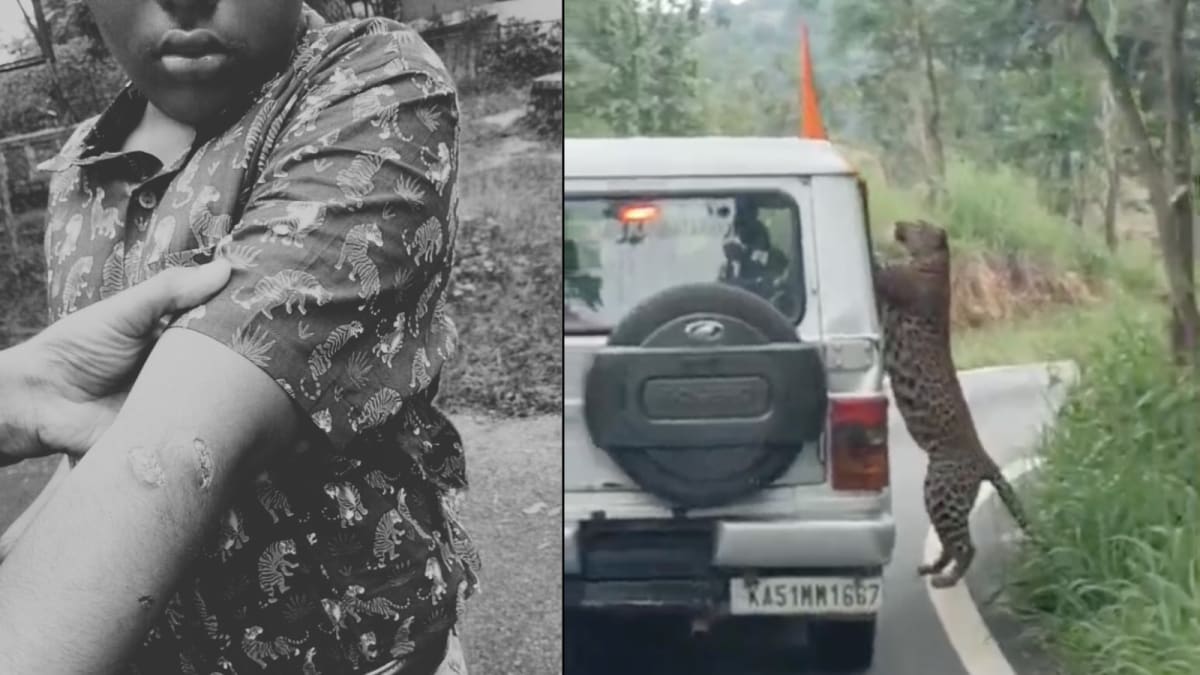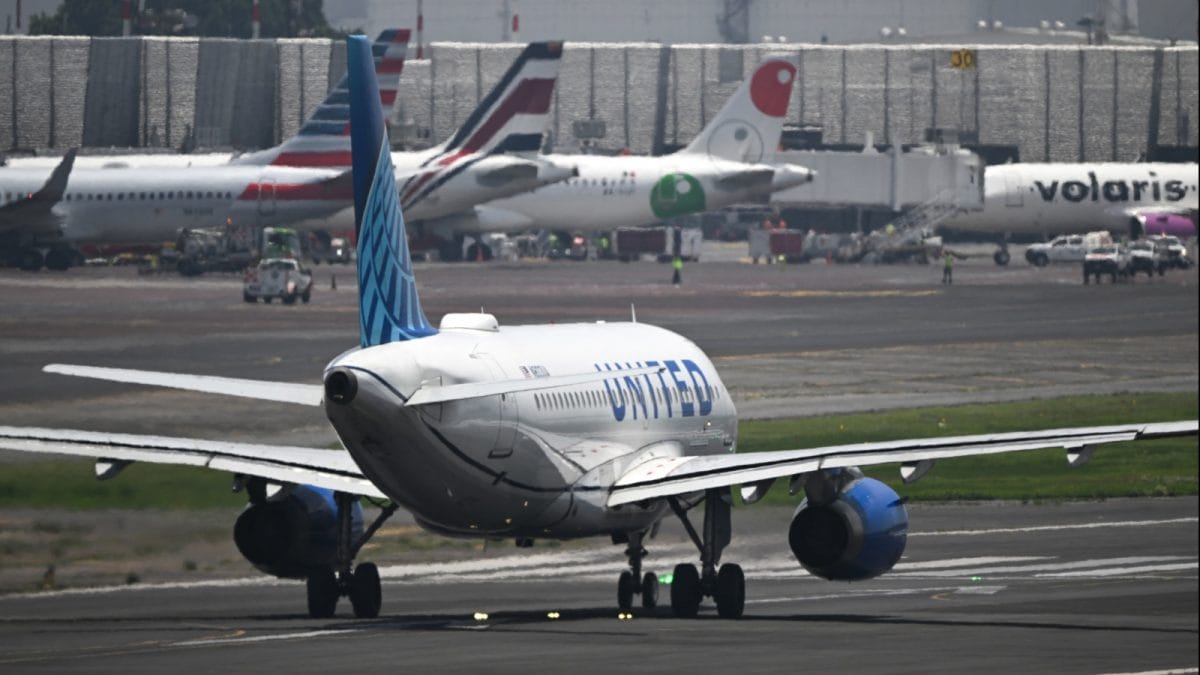While the nation marked Independence Day with celebrations, Shobana Kumari, 61, of Nalakara, Pullur-Periye panchayat, was more concerned about how to make ends meet. Living in a cramped house with her family of 12, the Thiruvananthapuram native says freedom still feels far away.
Shobana’s was among the 85 families, including Scheduled Castes, Scheduled Tribes, and other communities, that shifted to the hilly terrain 15 years ago after participating in the Chengara struggle, a land rights movement in Pathanamthitta.
Despite the government reissuing title deeds to 58 beneficiaries, resident say there have been deceived, allotted barren laterite plots, making farming and dignified living impossible.
“We left Kattakada with our four daughters, hoping to farm, do small jobs and build a future for our children. We feel betrayed, given rocky land with no facilities,” she says. Her husband had died four years ago.

With many people returning back to their native place, shrubs and vegetation cover the houses constructed for the people of Chengara struggle in Pullur-Periye in Kasaragod. | Photo Credit: S.K. MOHAN
E.K. Sasi, from Perunad in Pathanamthitta, says families initially stayed in temporary shelters after clearing thorn-filled thicket. In 2012, houses of 320 sq ft were built by the Nirmithi Kendra using funds under the K.R. Narayanan Society settlement programme.
“But we are not receiving government benefits as the panchayat hasn’t given us house numbers,” he says.
“They listen to us only during elections,” says E.S. Akhila,35. She says most resident are above 60 years and unable to work, depending on meagre pensions.
“Some people go for rubber tapping. Only the Welfare Party of India has helped, giving school kits and rice,” she says.
C. Ravindran, 67, says many families have returned to their native place, leaving most houses locked. The original title deeds were issued in 2022 with a clause preventing sale or transfer to children. District Collector Inbasekar, after promising to remove the clause, reissued them recently with the same restrictions., he says.

Shobana Kumari of Nalakara, Pullur-Periye panchayat, holding her title deed issued in 2022 and reissued a month back in front of her house in the Chengara resettlement colony. | Photo Credit: S.K. MOHAN
Even for drinking water, residents depend on a borewell sunk during house construction. Only a fraction of the agricultural land is cultivable, and crops are often destroyed by wild animals.
Under the Chengara rehabilitation package, land in 10 districts were identified for 1,495 beneficiaries. Scheduled Caste beneficiaries were promised 50 cents, Scheduled Tribes one acre, and others 25 cents.
Mr. Inbasekar says at Periye, title deeds were issued only for eight cents earmarked for housing, while agricultural plots were registered under the K.R. Narayanan Society (KR Narayanan Cooperative Settlement programme ) as per its bylaw. Those unwilling to join the society were allotted land at Cheemeni, Badaje, and Kallar.
He says efforts were made to fill the land with soil, making 25 acres arable, but disputes among members and lack of cooperation stalled the work. Residents demanded individual title deeds for the agricultural plots, for whch order was issued in 2021.
As per the order, 166 acres from the SC department was transferred to the Revenue department. However, revenue authorities initially could not locate the land because survey no 341/1 in Periye village spanned 736 acres, with title deeds issued at different times and records poorly maintained.
During a recent digital survey, the 166 acre was identified — but with the same rocky topography . “Now title deeds have been issued to 58 beneficiaries with proper sketches. The next step is to make the land arable through suitable agronomic interventions,” the Collector said.



.png)
.png)
.png)
















 1 hour ago
3
1 hour ago
3








 English (US) ·
English (US) ·